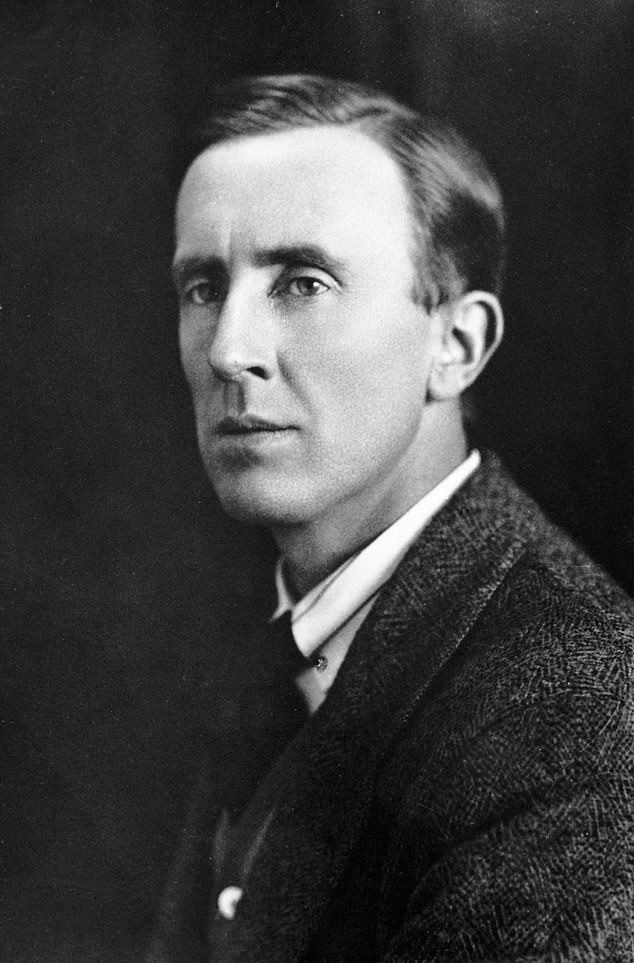
Arthur’s Kingdom of Logres encompassed most of what became England bar Cornwall and possibly Northumbria. Just like other states, it is archetypical of the human state. This is particularly true with reference to the collapse of the realm and the degeneration of man. How does one arrive at this hypothesis? Well there were three calamities that befell Arthur, his court at Camelot, and ultimately lead to the collapse of the Kingdom of Logres:
- Excessive emotion,
- Excessive war making,
- Mortal sin (adultery; incest).
The first calamity to befall the kingdom was excessive emotion. This leads on to the two following calamities. Lancelot trusts in his swordsmanship and won’t give up his passion for the queen (Guinevere), and Arthur trusts in his success in battle, but his own personal feelings must not factor in any decision he makes about the use of violence. Not properly mastered, emotion leads one to anxiety, depression, worry, despair, self-doubt, and inflation. Boris Mouravieff writes:
“In our civilization — as we have already observed — it generally receives neither rational education nor systematic training. Its formation and development are now left to chance, since religious education today has been largely intellectualized and rationalized. All sorts of considerations dictated by worldly wisdom and mundane vanity; the habitual practice of lying — especially to ourselves — and hypocrisy, from which no one is totally exempt, imprint dangerous distortions on the emotional centre. Frequently struck by a feeling of inferiority and by the need for compensation, its usual motivation; accustomed as it is to judge and to criticize everybody and everything; surrendering itself to a strangely voluptuous enjoyment of negative emotions; this centre becomes unrecognizable. It degenerates to the point where it becomes the instrument of destruction of our being, which it accelerates on its way towards ageing and death.”
To avoid collapse of one’s spiritual life one must begin with mastery of the emotional centre, i.e. the heart. We can look to Tolkien’s example as one to follow.
The second calamity was excessive war making. Arthur had to draw the sword (Excalibur) to defeat and put down his enemies, which was just according to the Just War Theory of Ss. Augustine and Aquinas as they were defensive wars. However, soon Arthur, through confidence and success was engaged in wars of aggression where needless lives were lost on both sides. Excessive action for the sake of action, for worldly success or some other unnecessary pursuit leads one away from higher functions. Though as we have written before it is up to us to purify these lower elements too.
In the Catechism of Pope Saint Pius X, we find three necessary conditions for a mortal sin. It must be a grave matter, full advertence (a recognition of the situation), and perfect consent of the will. We see this in the act of adultery Lancelot committed with Guinevere, and to a lesser extent with Morgana and Arthur’s inadvertent incest. Obviously mortal sin is deadly to our spiritual life as it was to the Kingdom of Logres. Read metaphysically these actions disturbed the cosmic order, they were contrary to the “law of God”. Thus, sins of the father effect his sons and his sons’ sons, and we see our actions as eternal – just as they are in God.



